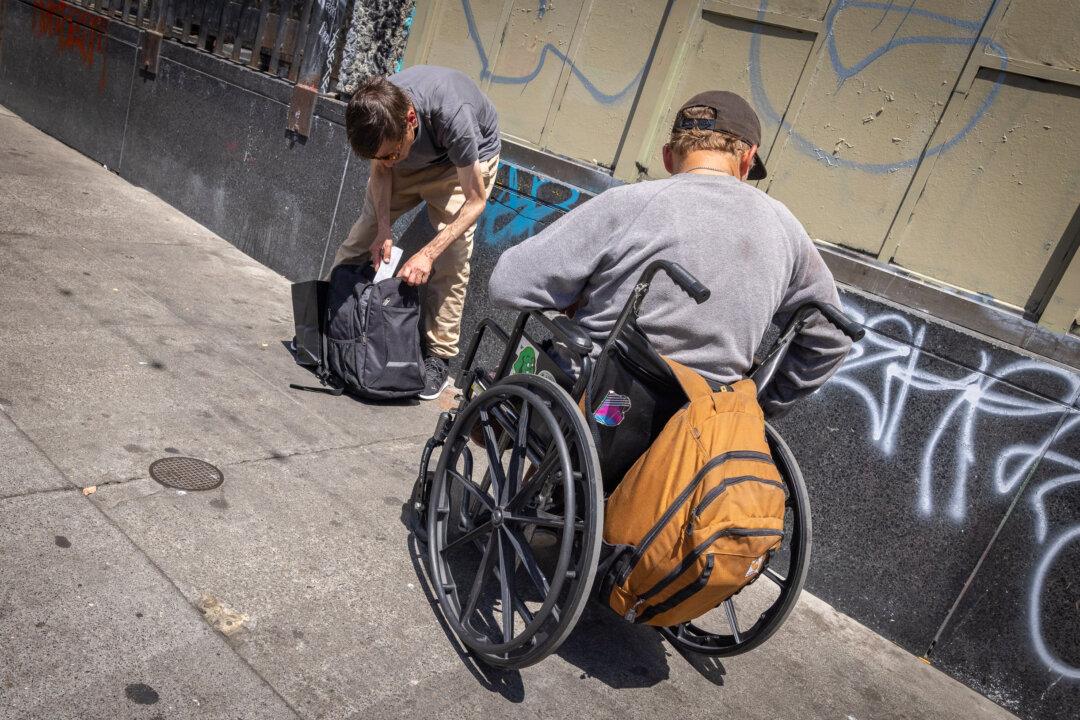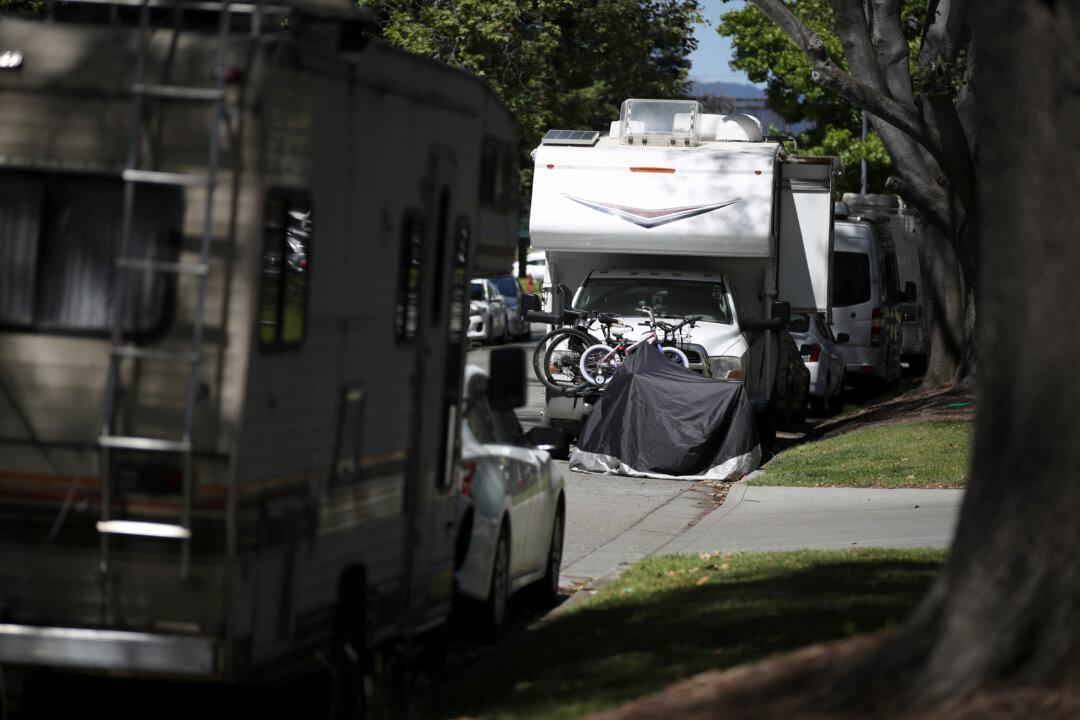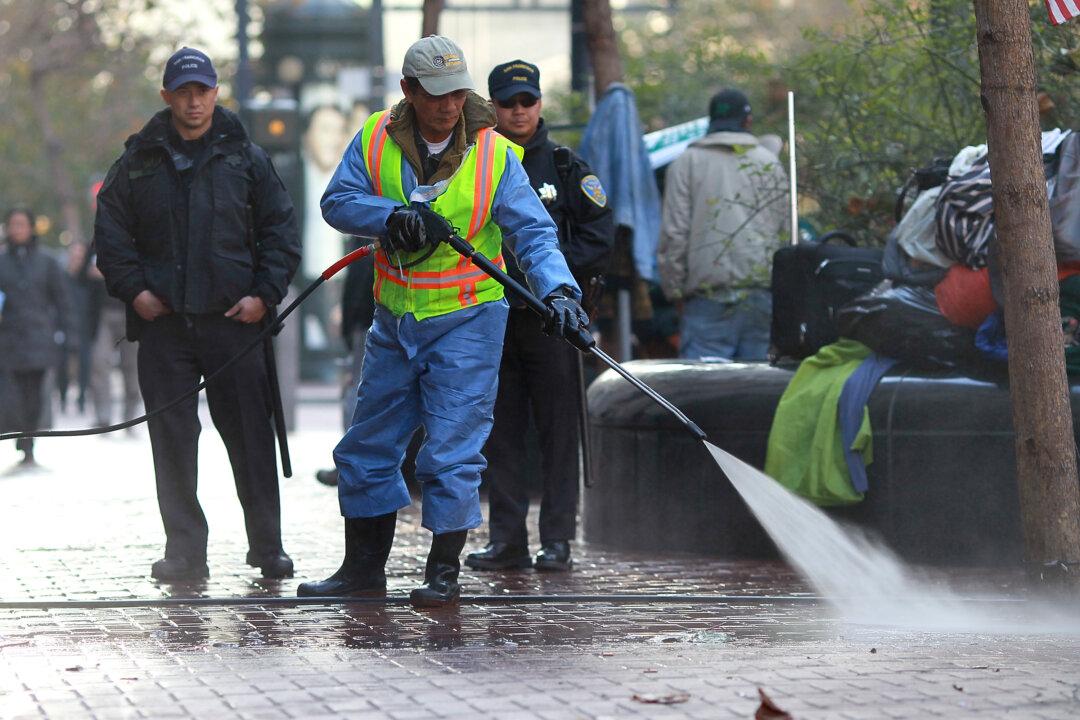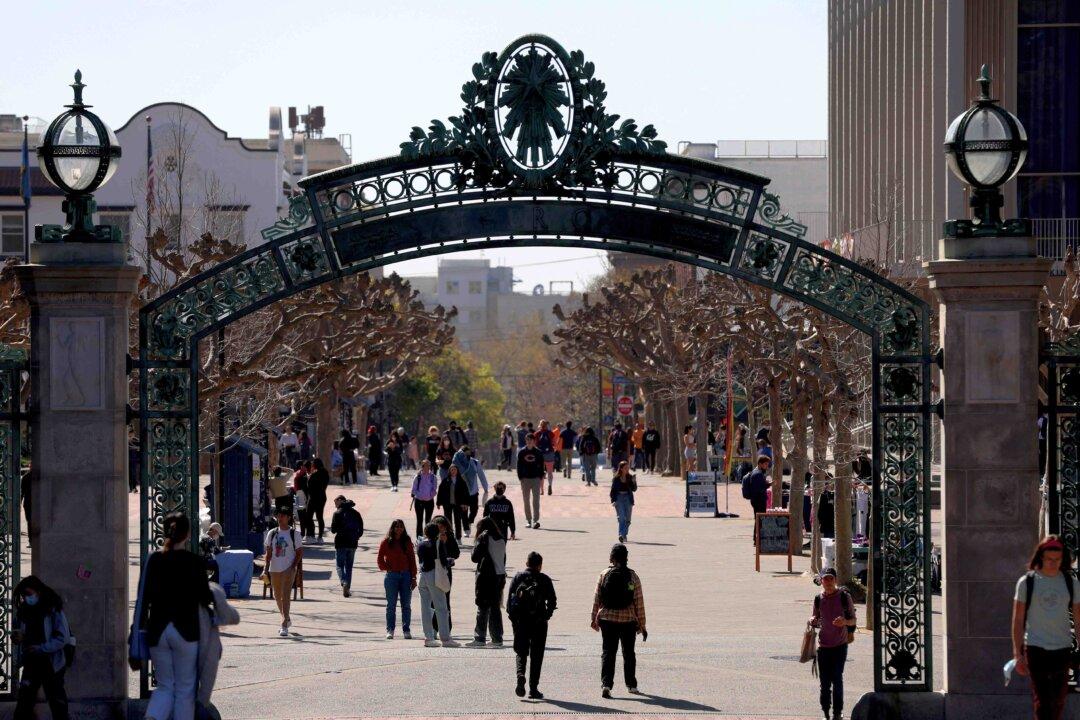San Francisco Supervisors Matt Dorsey and Rafael Mandelman recently proposed new legislation at City Hall to prioritize drug-free, recovery-oriented housing.
The Recovery Housing First proposal would not allow new drug-permissive homeless housing projects unless the funding source specifically requires a harm-reduction approach in which drugs are allowed, according to a June 17 news release.





